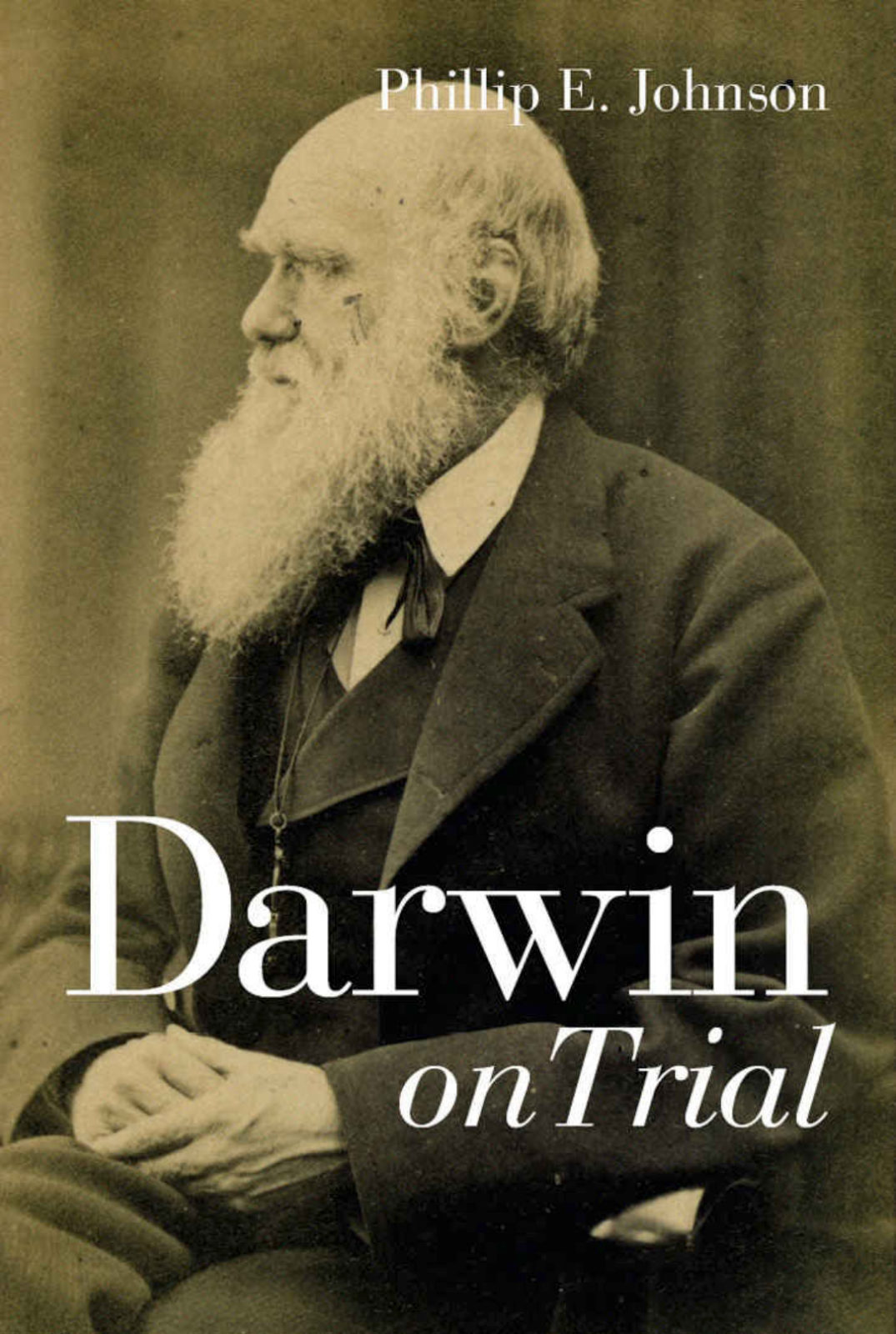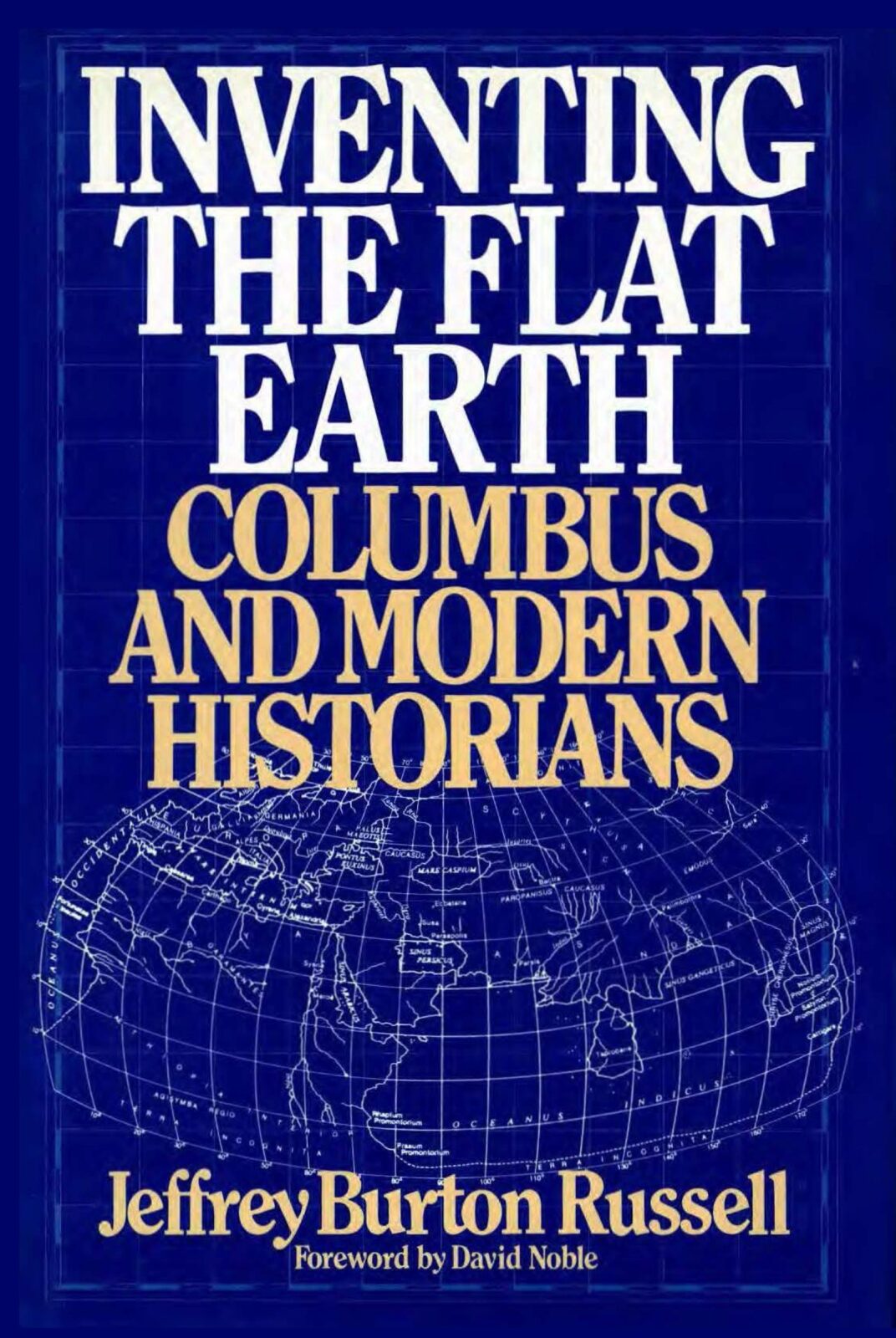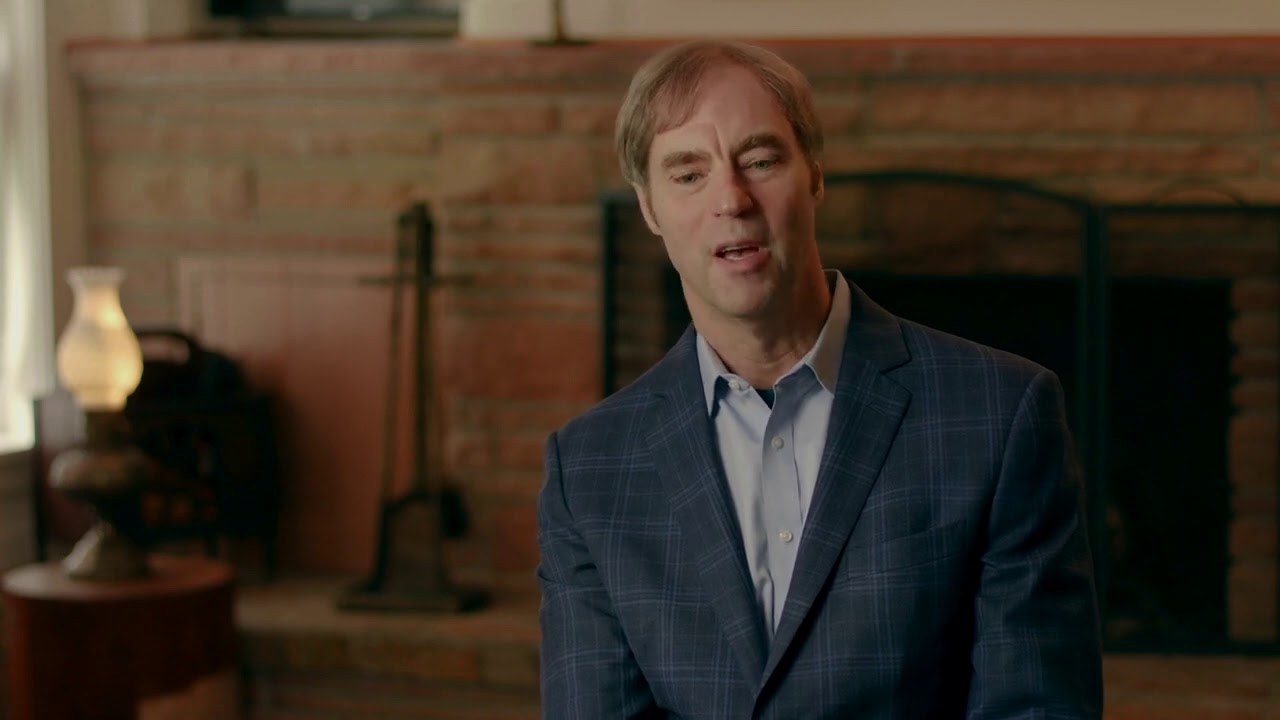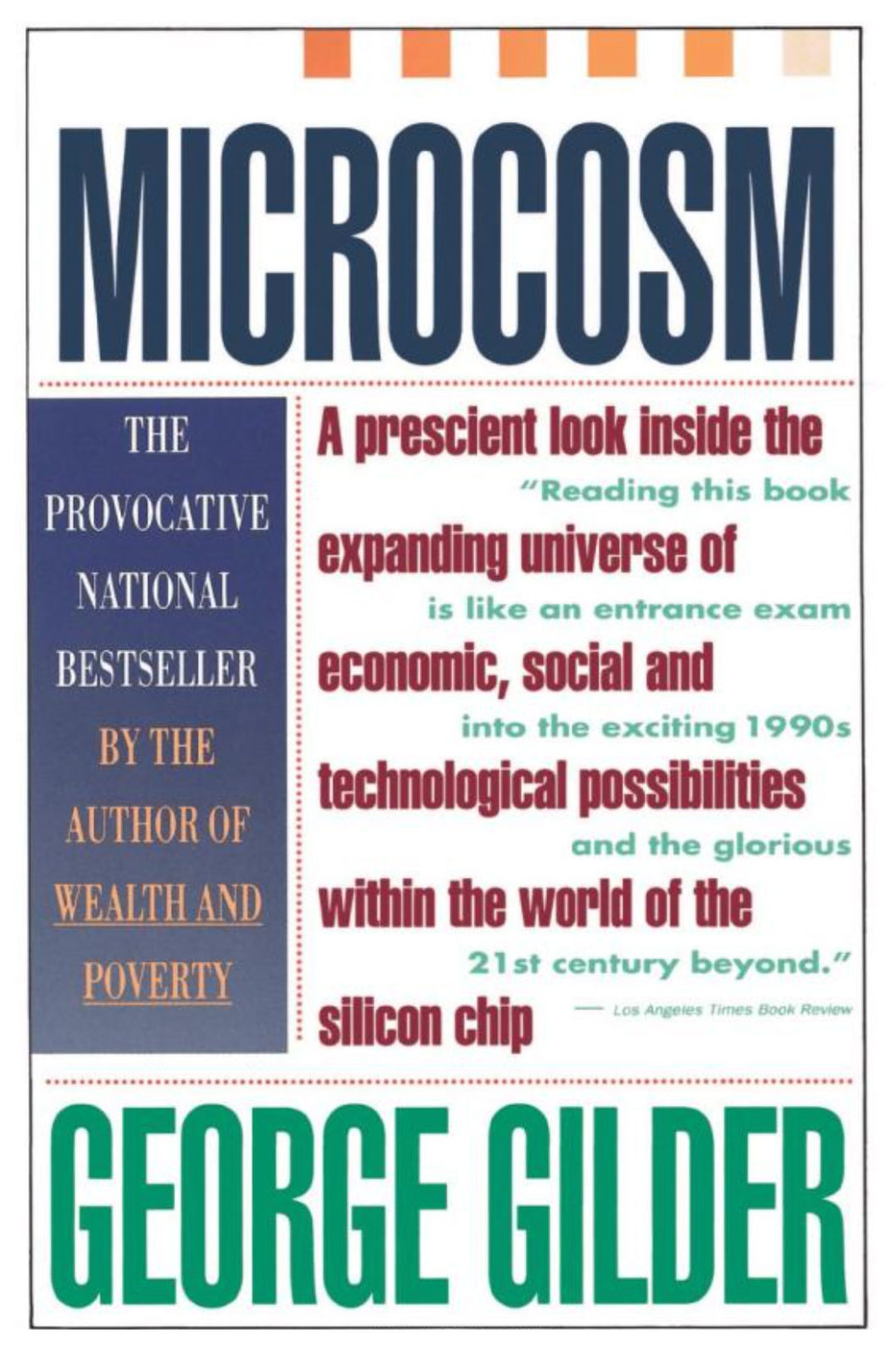
Darwin On Trial
Darwin on Trial was responsible for alerting many among the public and in the scientific community to the deficiencies of Darwinism. UC Berkeley Law Professor and Program Advisor for Discovery Institute’s Center for Science and Culture, Phillip E. Johnson applies his skills as an analyzer of evidence to ask if Darwin’s theory holds up to scrutiny. Johnson begins by recognizing Read More ›



